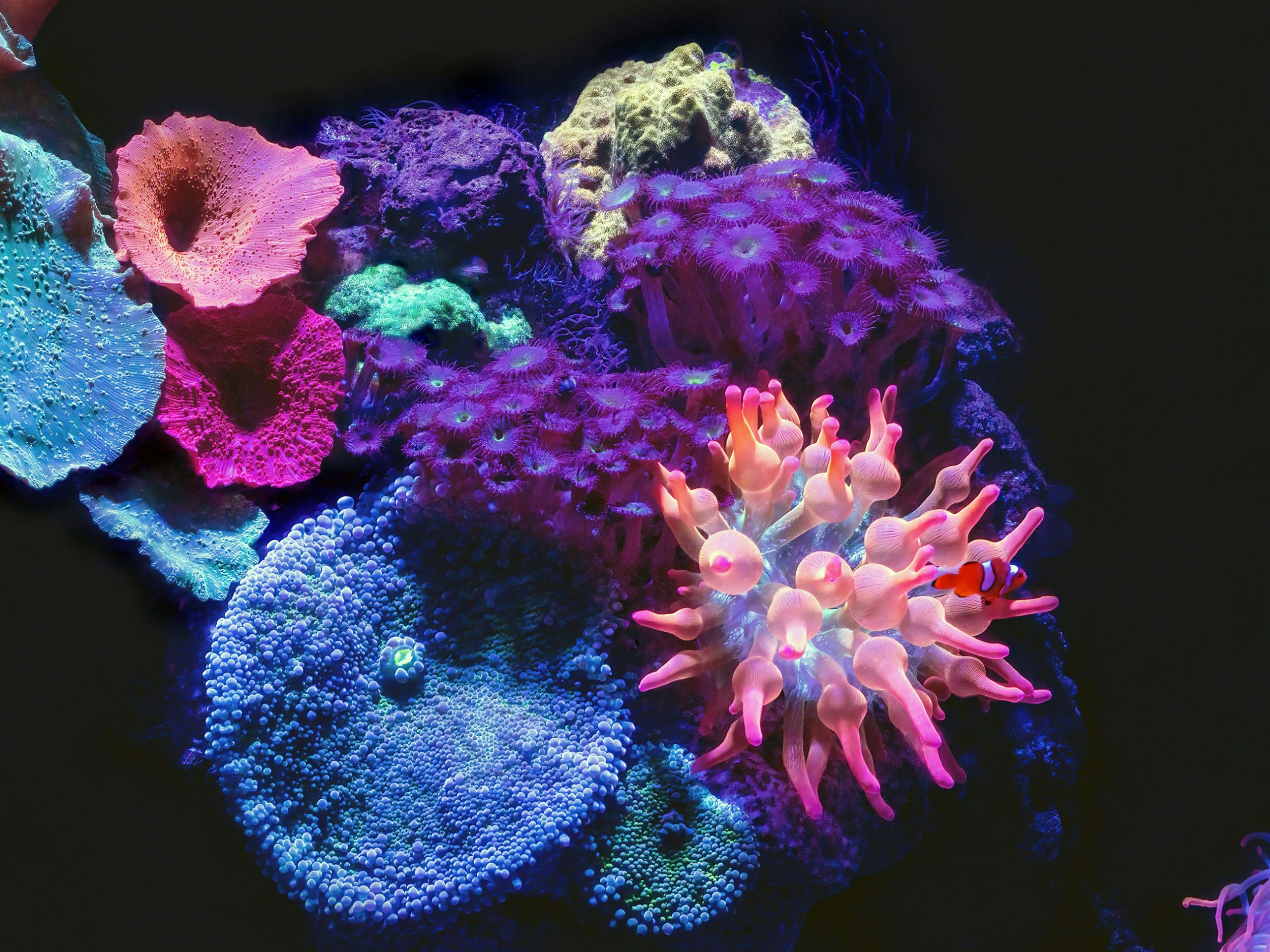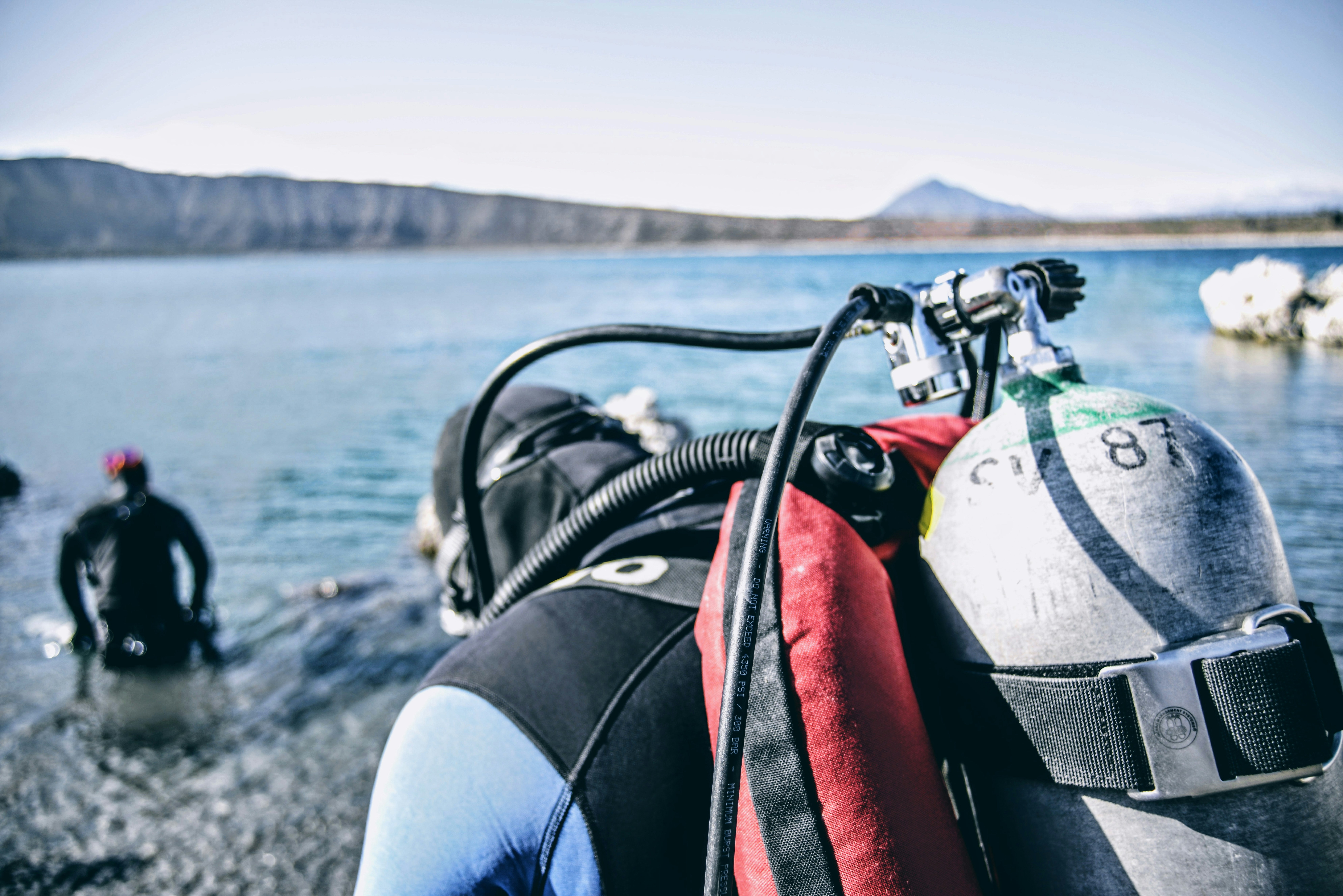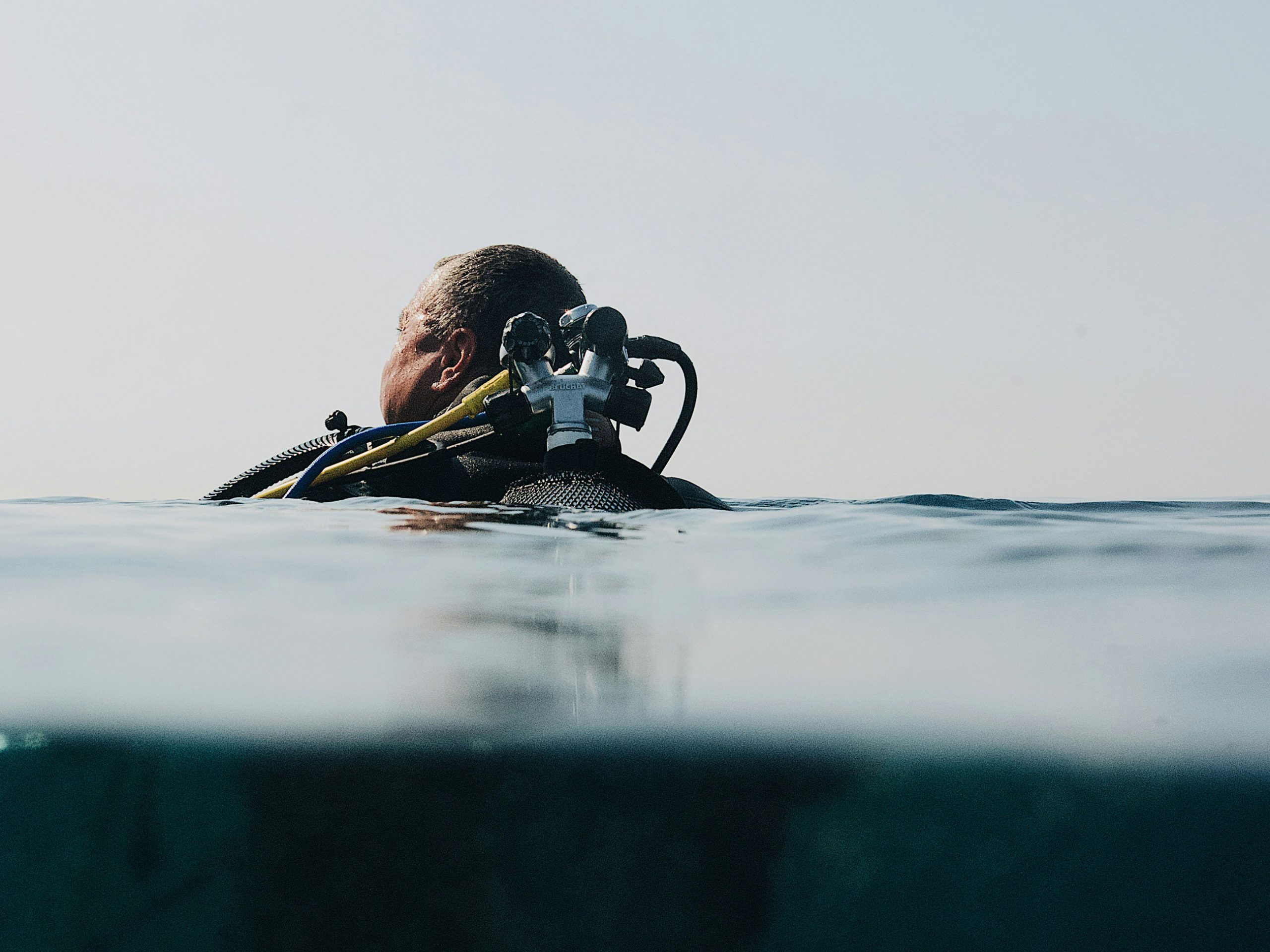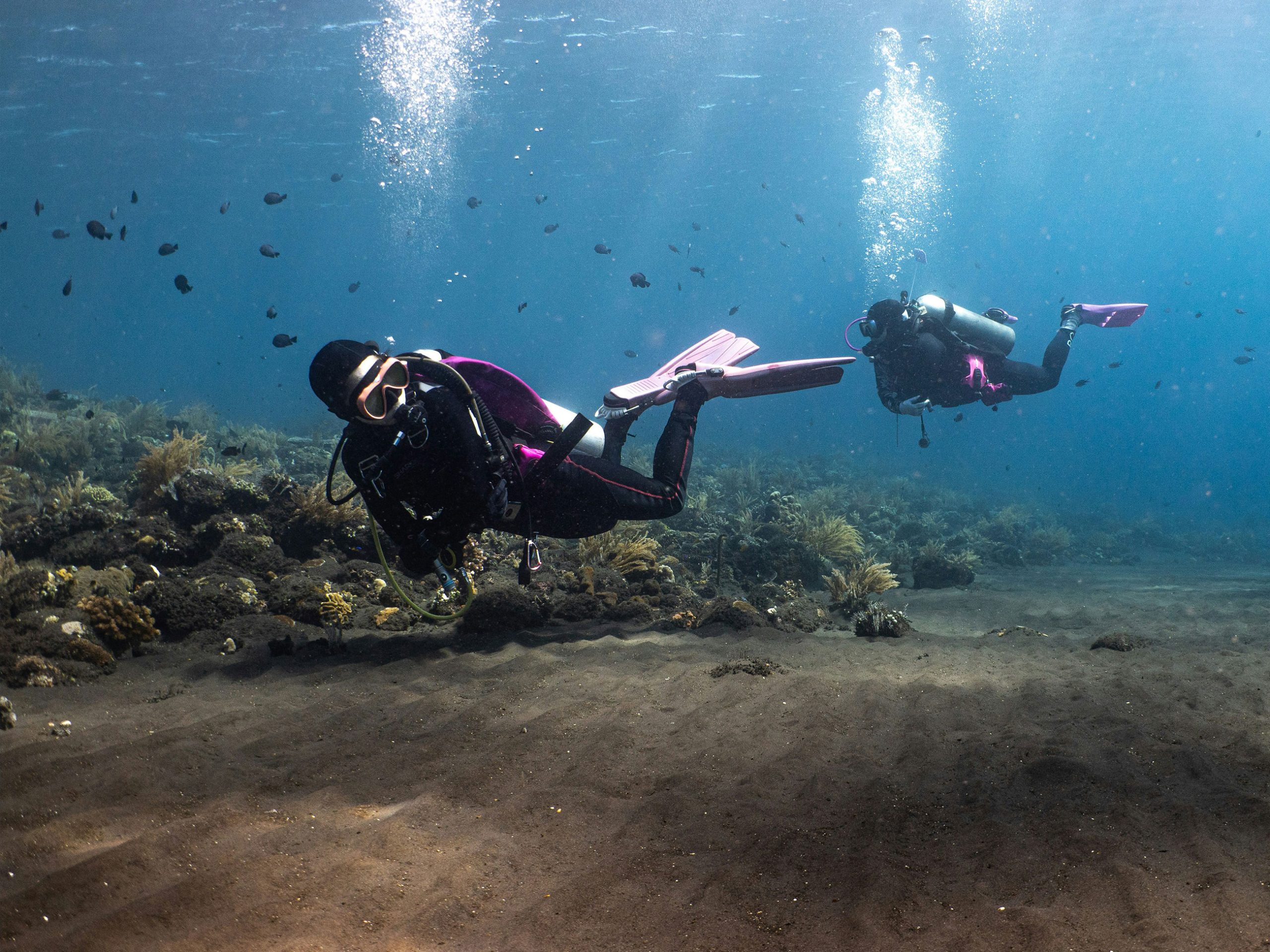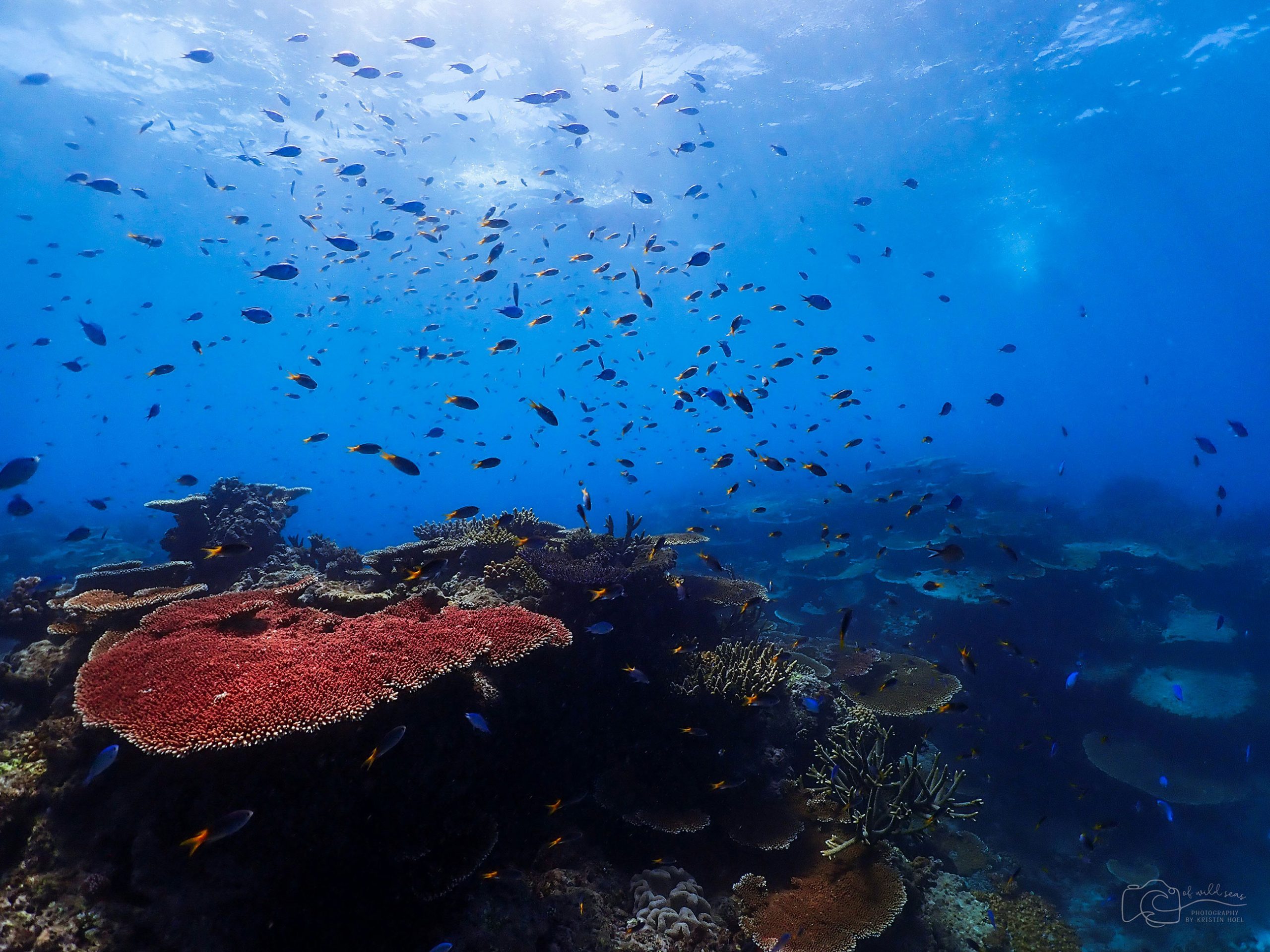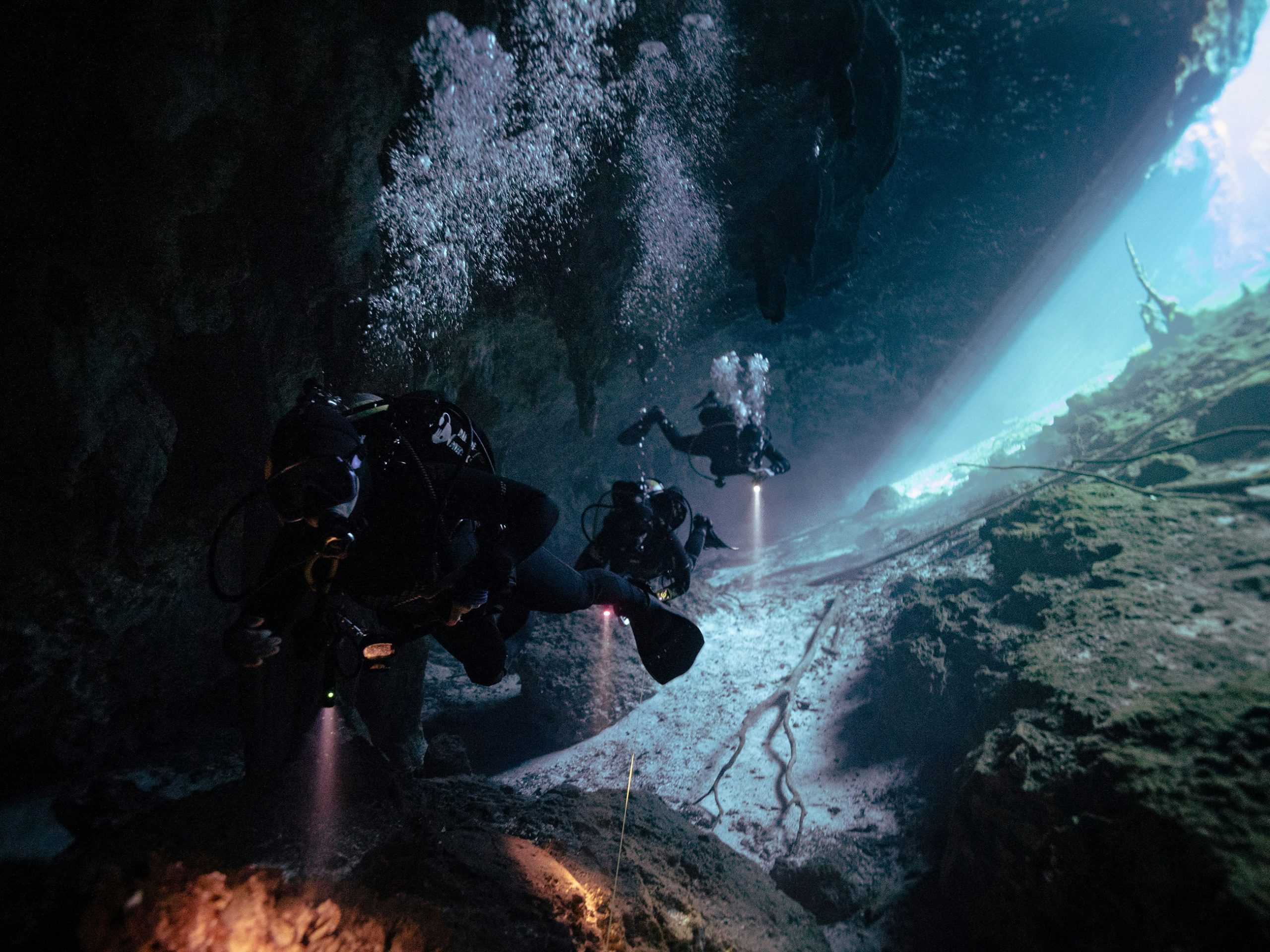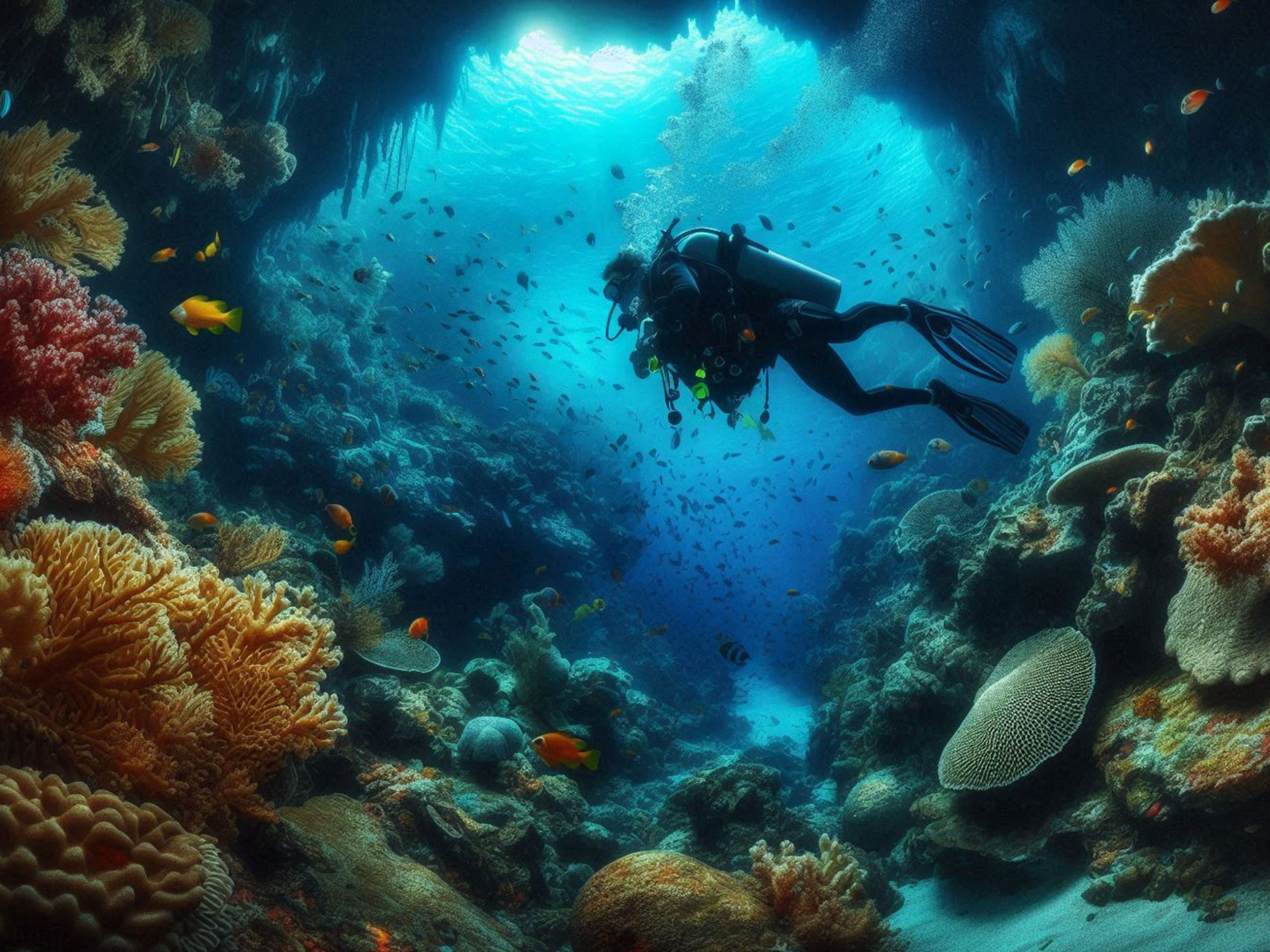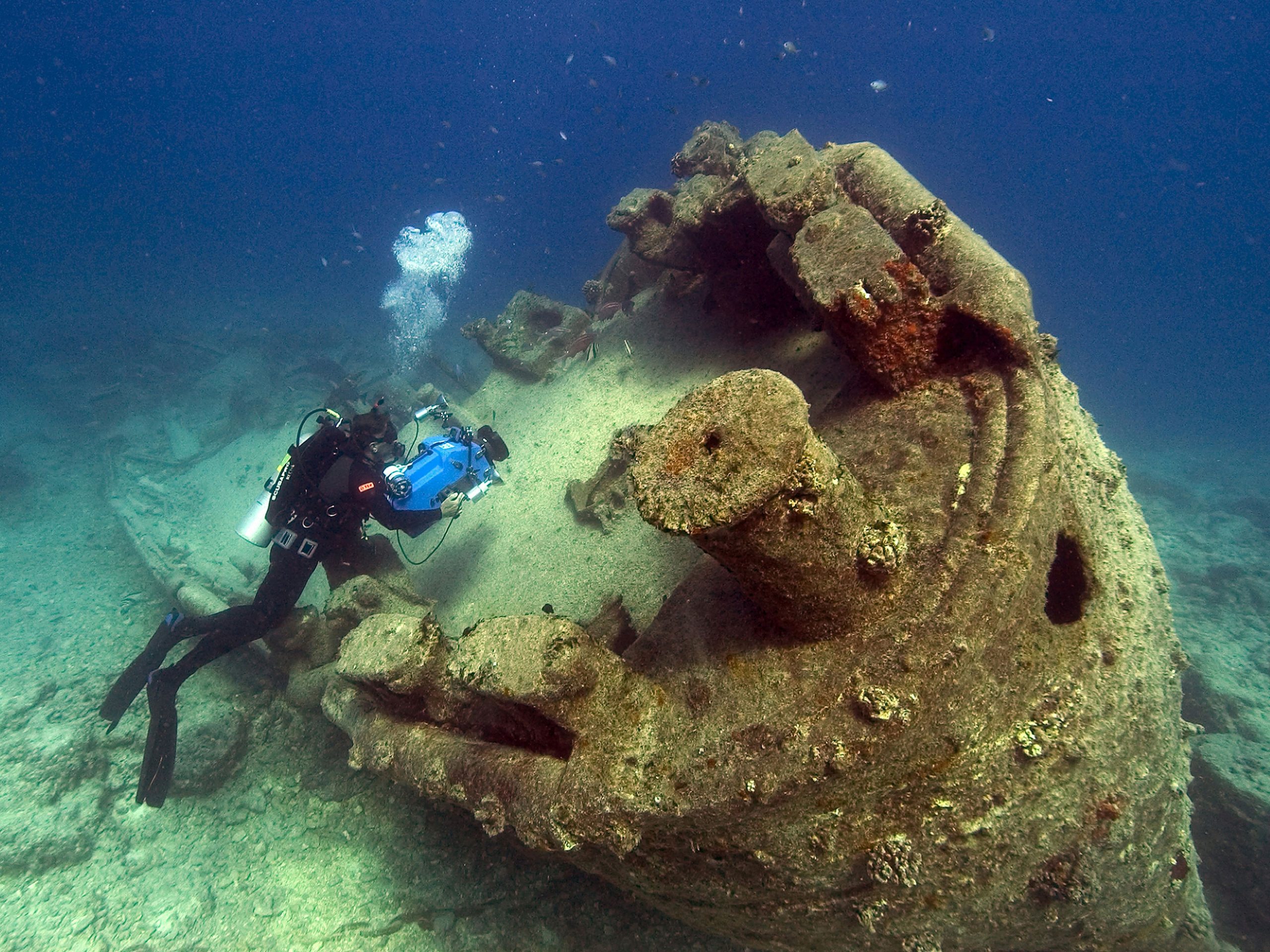There’s something undeniably magical about slipping beneath the waves under the cover of darkness. Night diving opens up a new underwater realm, transforming familiar dive sites into otherworldly landscapes teeming with life and illuminated by the glow of bioluminescence. For intermediate scuba divers or those curious about taking their skills to the next level, night diving offers a mix of adventure, serenity, and discovery.
In this article, we’ll explore what makes night diving special, how to get started, essential gear, safety tips, and why this type of diving is an unforgettable experience.
Why Night Diving is Unique
Night diving isn’t just a dive at a different time—it’s a completely different experience. The underwater world changes as nocturnal creatures emerge and familiar environments are cast in the dramatic beams of dive lights. Here’s what sets it apart:
Encounter Nocturnal Marine Life
The ocean never sleeps, and some of its most fascinating creatures are only active at night. During a night dive, you might encounter:
- Nurse sharks and other nocturnal predators hunting in the dark.
- Crabs, lobsters, and shrimp scuttling across the seabed.
- Cuttlefish and squid, masters of camouflage, out in the open.
Even daytime species act differently—parrotfish, for example, wrap themselves in mucus cocoons for protection while they rest.
Bioluminescence: Nature’s Light Show
One of the highlights of night diving is bioluminescence, the glowing phenomenon created by plankton and other marine organisms. A simple wave of your hand can create trails of light, making you feel like you’re swimming through a galaxy.
Familiar Sites, New Perspectives
A reef you’ve dived countless times during the day feels brand-new at night. Shadows create dramatic effects, and your dive torch highlights intricate details you might overlook in daylight.
Getting Started with Night Diving
Diving at night can feel intimidating at first, but with the right preparation, it’s safe and exhilarating. Here’s how to begin:
Certifications Matter
While basic scuba certification is enough to start, taking a Night Diver Specialty course (like those offered by PADI or SSI) is highly recommended. These courses teach you how to:
- Use dive lights effectively.
- Communicate with your buddy in low visibility.
- Handle challenges unique to night dives, like navigation and disorientation.
Pick the Right Dive Site
Begin with a shallow, familiar site with minimal currents. A sandy bottom or reef is ideal for your first night dive—nothing too complicated.
Bring a Dive Buddy (Duh!)
A buddy isn’t just a good idea; it’s a must for night diving. Choose someone experienced and communicate thoroughly before descending.
Essential Gear for Night Diving
Gear is crucial for both safety and enjoyment during night dives. Here’s what you’ll need:
Dive Lights
- Primary Torch: Bright and reliable, with a wide beam to illuminate your surroundings.
- Backup Torch: A spare in case your primary fails.
- Marker Lights: Attach these to your tank for easy identification by your buddy.
Cutting Tools
Entanglements are more common at night. Keep a dive knife or line cutter accessible.
Wetsuits and Hoods
Night water temperatures can feel colder. A thicker wetsuit or hood can help you stay comfortable.
Navigation Tools
A dive slate and compass are invaluable for keeping track of your route.
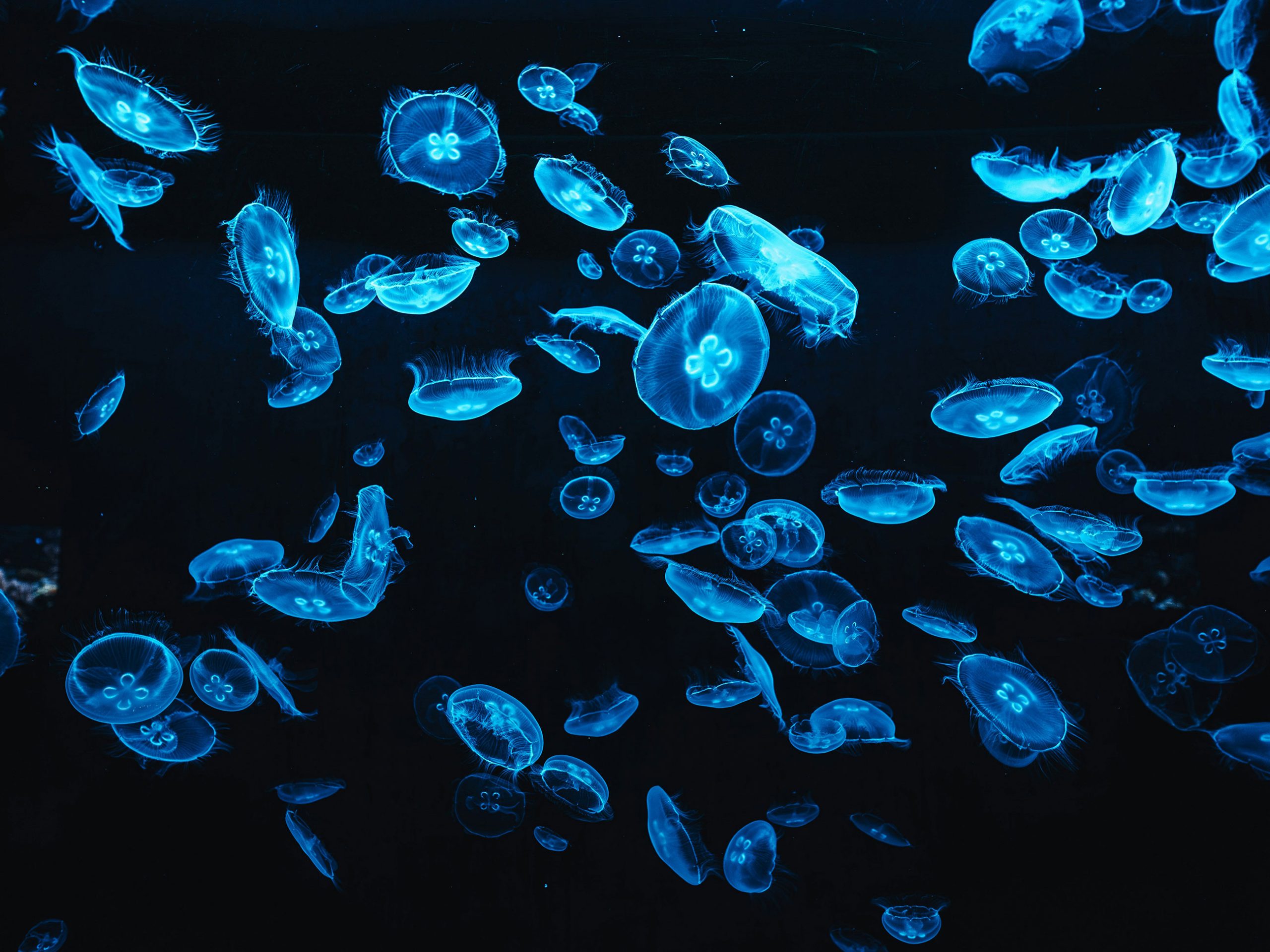
Safety Tips for Night Diving
Safety is key to enjoying your night diving experience. Follow these tips to stay confident and secure underwater:
Plan Ahead
- Day Dive First: Scout the dive site during the day to familiarize yourself with landmarks.
- Dive Briefing: Review emergency procedures and signals with your buddy.
Light Management
- Avoid shining your torch directly in other divers’ eyes.
- Learn to use hand signals illuminated by your light.
Stick to Your Limits
- Keep your dive shallow and within your comfort zone.
- Monitor your air supply carefully.
Stay Close to Your Buddy
- Communication can be trickier at night. Agree on clear signals and stay within arm’s reach.
Environmental Awareness: Diving Responsibly
Night diving puts you in intimate proximity to marine life. Be a good steward of the underwater world:
- Don’t Chase or Disturb Marine Life. Respect the natural behavior of creatures you encounter.
- Mind Your Buoyancy. Avoid accidentally kicking up sediment or damaging coral.
- Leave No Trace. Take nothing but photos, leave nothing but bubbles.
Advanced Night Diving Adventures
Once you’re comfortable with basic night dives, consider leveling up your experience:
UV Diving
Explore the reef under ultraviolet light to see corals and marine life fluoresce in stunning neon colors.
Blackwater Diving
Float in open water at night to witness deep-sea creatures rise to the surface—a thrilling experience for advanced divers.
Night diving is more than just a dive—it’s a journey into a world of wonder and mystery. The ocean comes alive in ways you’ve never seen, from bioluminescent trails to close encounters with nocturnal creatures. For intermediate divers ready to expand their horizons, it’s a must-try adventure.

